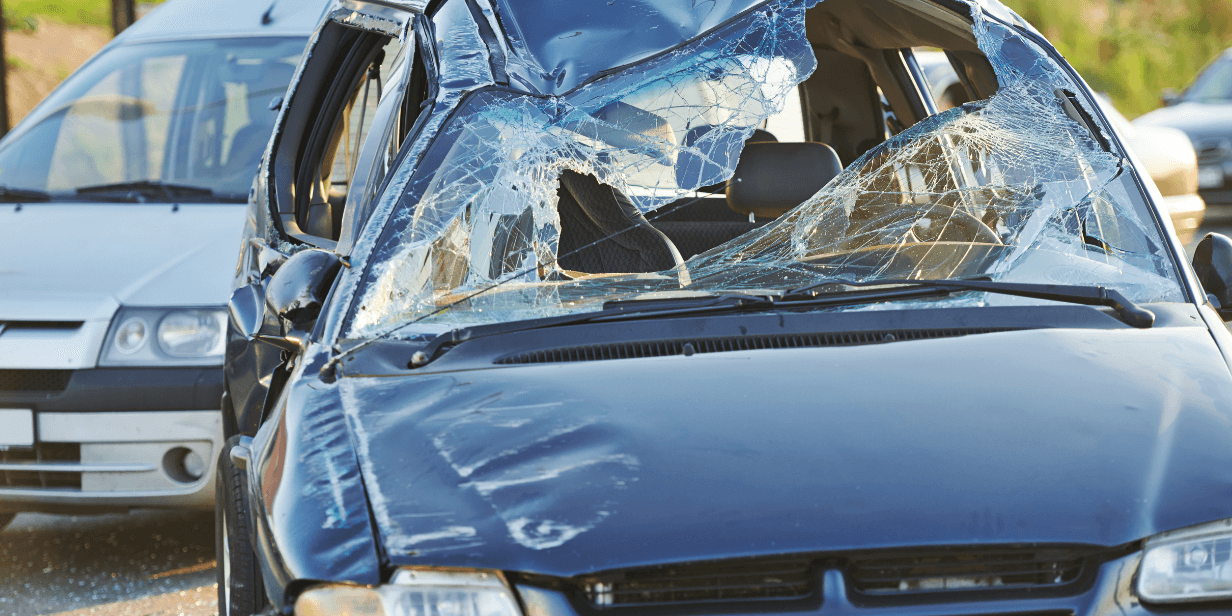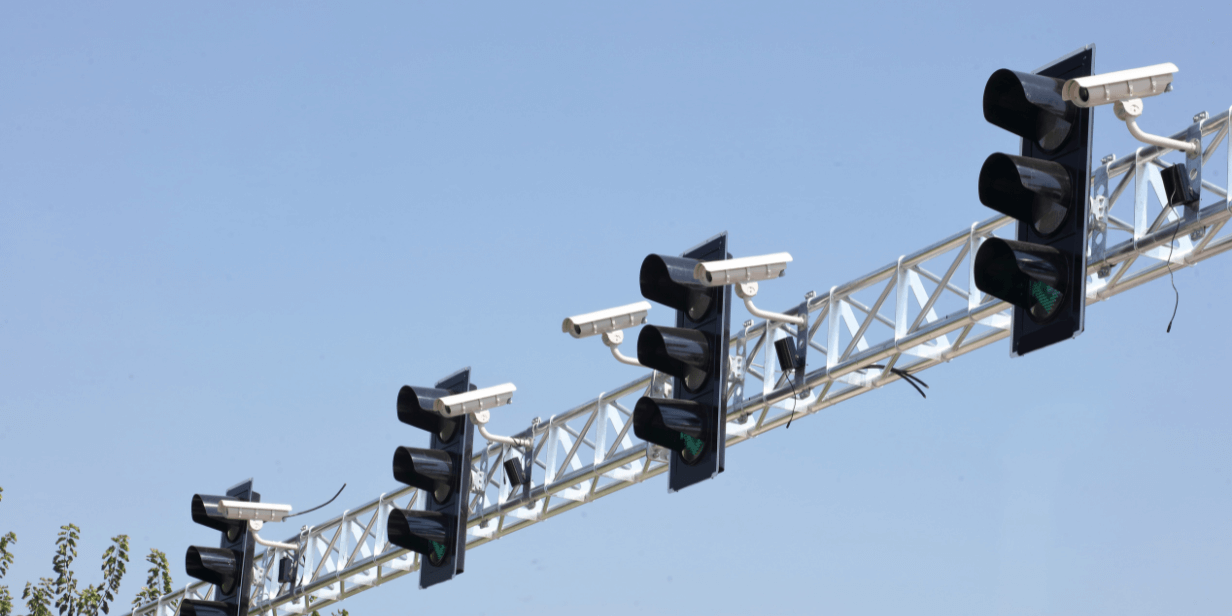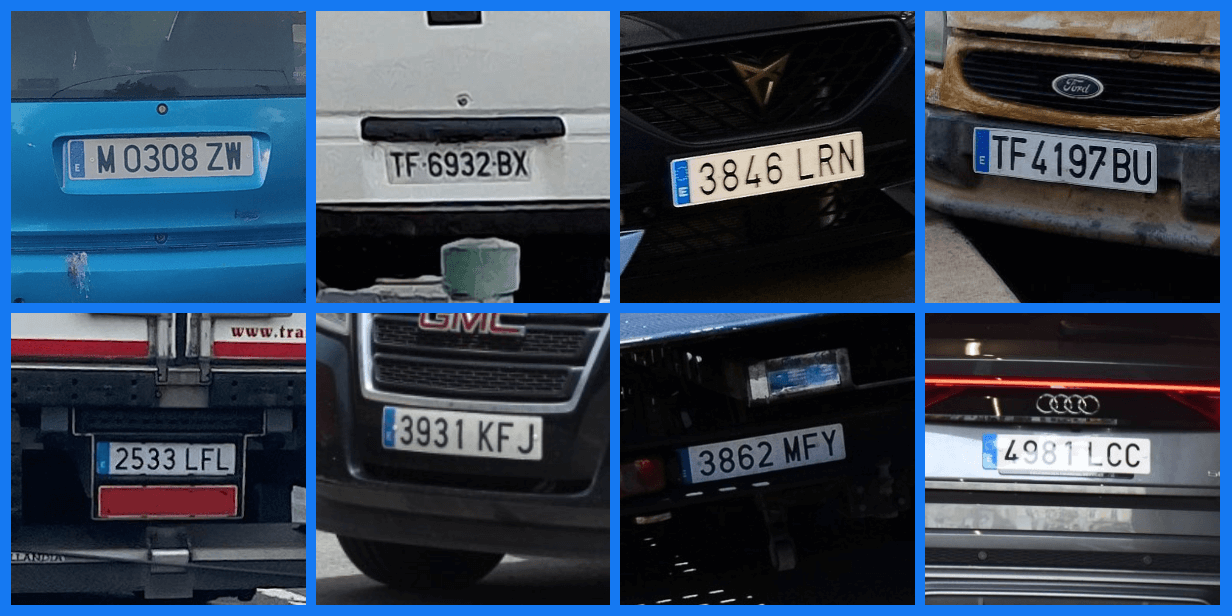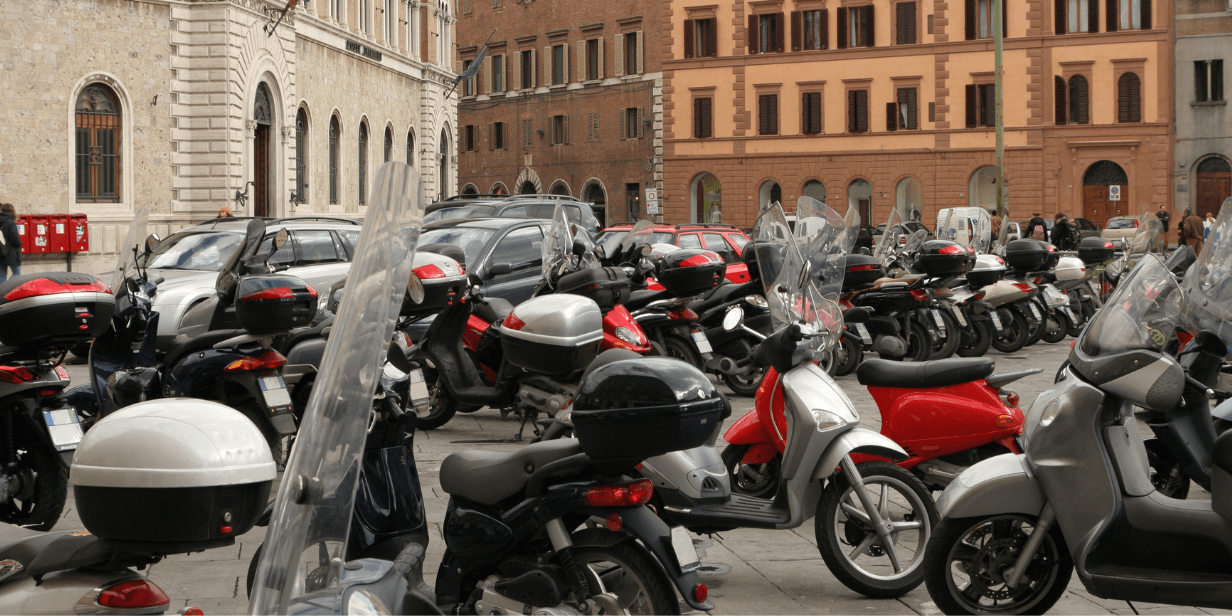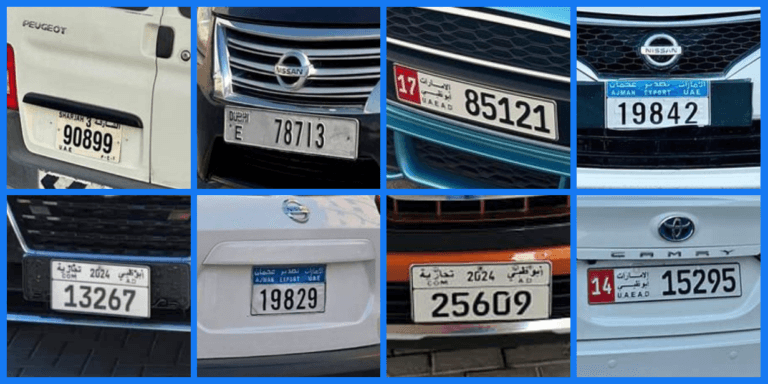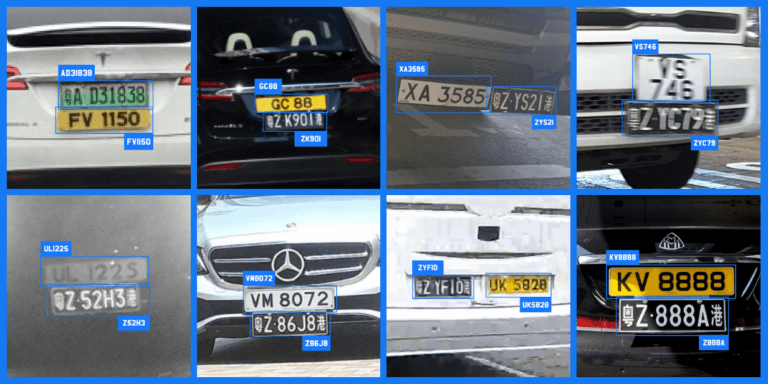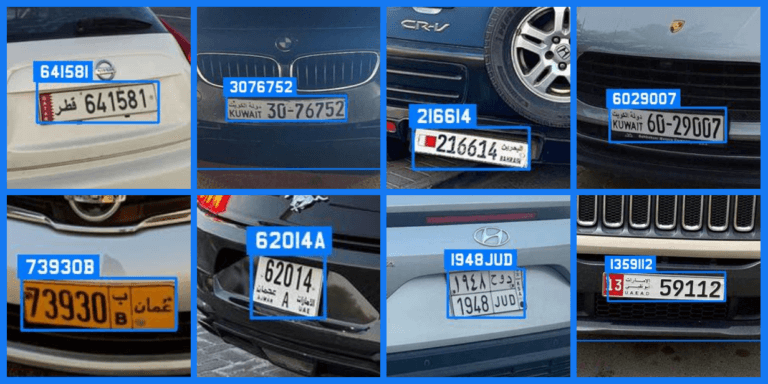With its diverse landscapes and vibrant cities, Spain grapples with a pressing issue – increasing traffic jams and safety risks on its roads. Despite Spain’s known reputation for well-kept roads and driving rules, cities like Madrid and Barcelona face a growing problem of too many vehicles, causing heavy traffic, safety concerns, and stress on the roads.
To tackle these challenges, Automatic License Plate Recognition, also known as ALPR for Spain, could be a potential solution to minimize road congestion and enhance road safety. This article explores how ALPR for Spain could help to make traffic smoother, improve safety, and ease the strain on its road systems.
Heavy Traffic Calls for ALPR for Spain
Looking closely at some of Spain’s major cities, we first learn about Madrid – the bustling capital with approximately 3.3 million inhabitants and a metropolitan area totaling around 6.5 million people—the capital grapples with traffic challenges. TomTom’s Traffic Index ranked 97th globally in traffic congestion, with an average travel time of 18 minutes and 20 seconds for traveling a distance of 10 kilometers. Rush hour in the city demands approximately 159 hours per year from residents navigating through congested roads.
Evening rush hour in Madrid, Spain. Source: Canva
Similarly, Barcelona, celebrated for its art and architectural wonders, also struggles with the same issue. The capital of Catalonia and Spain’s second-largest city hosts approximately 5,687,000 people. Traveling 10 kilometers in Barcelona takes an average of 18 minutes, yet residents spend about 161 hours annually with rush-hour congestion.
Lastly, Valencia, the third most populous municipality in Spain with around 792,492 inhabitants, also contends with traffic challenges. Traveling 10 kilometers in Valencia takes roughly 16 minutes and 20 seconds, exhibiting an increase of 10 seconds more compared to the previous year. Rush-hour congestion demands about 141 hours of residents’ time annually.
The data show how traffic is tough in Spain’s major cities, indicating the need for smarter solutions like ALPR for Spain to make traffic better and safer on Spain’s roads.
Spain’s Road Safety: A Rising Concern
Aside from traffic congestion, Spain also needs a more efficient solution to making roads safer for everyone. Over the past decade, there has been a notable increase in fatalities and serious injuries among cyclists, signaling an emerging area of concern. In 2022, Spain reported 1,746 fatalities due to traffic accidents.
Car crash on the road. Source: Canva
Additionally, self-reported instances of driving under the influence of alcohol in Spain surpass the European average, underscoring a critical aspect impacting road safety.
Accidents Involving Animals
Moreover, the country faced 35,661 accidents involving animals in 2022, resulting in 505 incidents with human victims, causing two fatalities and leaving 35 individuals requiring hospitalization, alongside 637 non-hospitalized injuries of varying severity. Jose Miguel Tolosa, the Provincial Head of Traffic of Cantabria within the DGT (Directorate-General of Traffic), highlighted the DGT’s concern regarding accidents involving animals, especially in provinces where such incidents account for up to 60 percent of total road accidents.
Surveillance on Vans with Violations
This year, the General Directorate of Traffic in Spain conducted an extensive surveillance campaign focusing on vans, which comprise 7% of the country’s vehicle fleet. Out of over 137,000 vans monitored, 8,319 drivers were found violating traffic regulations. Many were reported for driving without a valid MOT, using inadequate tires, or failing to meet minimum vehicle standards. Speeding, especially above designated van limits, accounted for 1,852 violations. Alarmingly, 371 drivers tested positive for alcohol or drugs. Additionally, seat belt non-compliance, improper vehicle loading, and documentation irregularities resulted in several citations.
Moving delivery van. Source: Canva
In light of the concerning statistics and surveillance findings, Spain faces pressing challenges regarding road safety. The need for enhanced solutions, like ALPR for Spain, is becoming a necessity. This technology should be combined with robust strategies, effective enforcement of road rules, and public awareness initiatives to mitigate risks and ensure safer roadways for all.
ALPR for Spain to Potentially Address These Challenges
Automatic License Plate Recognition technology, also known as ANPR technology in other countries, could be a significant part of the solution to Spain’s multifaceted road safety challenges. With the rising concerns over traffic congestion, increased fatalities on the road, high instances of driving under the influence of alcohol, accidents involving animals, and violations observed during surveillance campaigns, ALPR can play a crucial role in addressing these issues.
Traffic cameras mounted besieged traffic lights. Source: Canva
1. Enhanced Law Enforcement
ALPR systems can aid authorities in swiftly identifying and tracking vehicles involved in traffic violations, such as speeding, driving without valid inspections, or lacking proper documentation. By detecting and apprehending offenders more efficiently, ALPR can contribute to deterrence and safer road behaviors.
2. Monitoring Vehicle Compliance
ALPR systems can assist in monitoring vehicle compliance, ensuring MOT (Ministry of Transport test) certifications, proper tire conditions, and adherence to minimum vehicle standards. This can lead to safer and better-maintained vehicles on the roads.
3. Improved Traffic Management
ALPR’s data collection capabilities provide insights into traffic patterns in specific areas, aiding authorities in optimizing traffic flow, identifying congestion hotspots, and implementing strategies to alleviate traffic jams.
4. DUI Prevention
ALPR for Spain can contribute to identifying vehicles or drivers with a history of driving under the influence (DUI). By monitoring and flagging such instances, law enforcement can intervene promptly, preventing potentially dangerous situations.
Photos of Spain Licnese Plates. Source: Plate Recognizer
ALPR for Security in Both the Private and Public Sectors
Aside from uses for traffic and road safety issues, ALPR technology also offers a range of benefits that enhance security for both the private and public sectors:
1. Identification of Stolen Vehicles and Criminal Activities
ALPR technology’s ability to swiftly recognize stolen vehicles or those involved in criminal activities aids law enforcement in intercepting such vehicles, reducing risks on the roads.
2. Enhanced Access Control
ALPR for Spain can bolster access control in various settings, such as corporate offices, government buildings, or gated communities. By swiftly identifying and verifying vehicles entering these premises against authorized databases, ALPR helps ensure that only permitted vehicles gain entry, enhancing overall security.
3. Parking Management
In both public and private parking facilities, ALPR streamlines operations by automating vehicle identification, payment processing, and monitoring of parking durations. This helps in enforcing parking regulations and identifying unauthorized vehicles, reducing instances of misuse or security breaches.
Unorganized parking of scooters and cars on the street. Source: Canva
4. Surveillance and Monitoring
ALPR technology supports surveillance and monitoring in public spaces, highways, and transportation hubs. By continuously scanning and identifying license plates, it enables real-time monitoring for security threats, identifying suspicious vehicles, and enhancing situational awareness.
5. Asset Protection
Lastly, ANPR technology can assist in protecting valuable assets by tracking and monitoring the movement of company vehicles, delivery trucks, or high-value merchandise transport. This helps prevent theft, unauthorized use, or diversion of assets, contributing to enhanced security for businesses.
ALPR for Spain’s ability to quickly and accurately recognize license plates, cross-reference data, and provide real-time information offers significant advantages for both private and public sectors. It plays a major role in access control, law enforcement, surveillance, asset protection, and various security-related applications, contributing to overall safety and security for organizations and communities.
Roundabout on the street in Spain. Source: Canva
Test Drive for Free: ALPR for Spain
If the ALPR for Spain is something that you’re interested in trying, test drive the ALPR for free by signing up for an account. For more questions regarding the ALPR for Spain, send us a message anytime. We’re ready to answer them.

